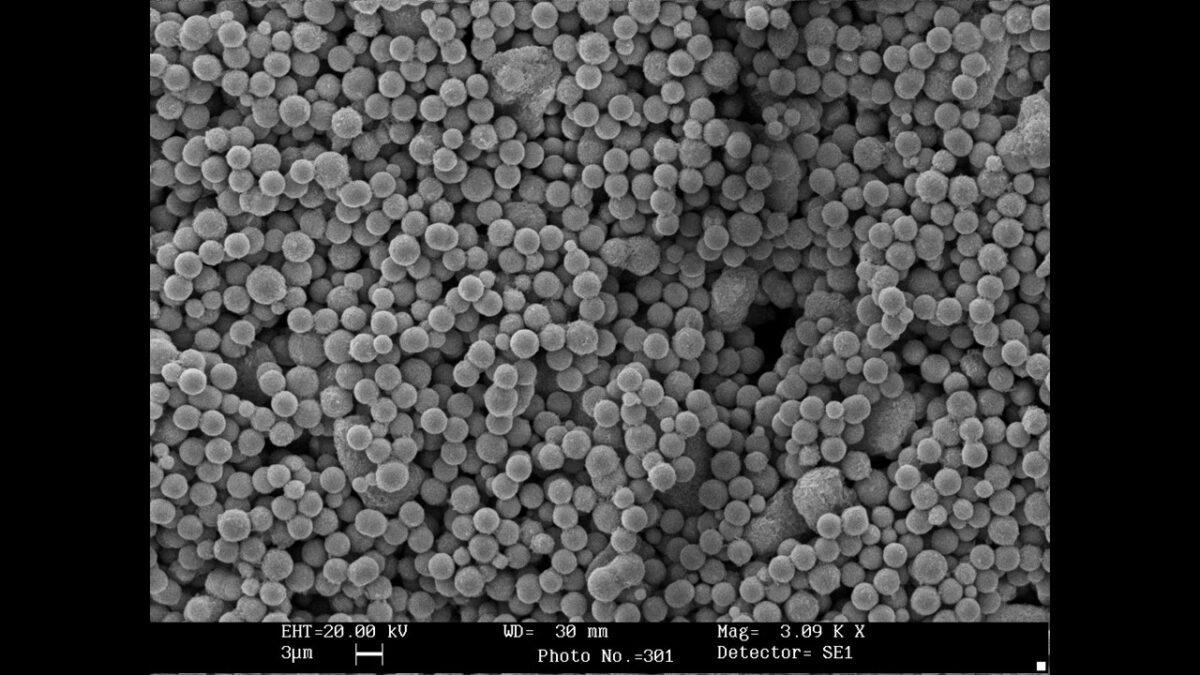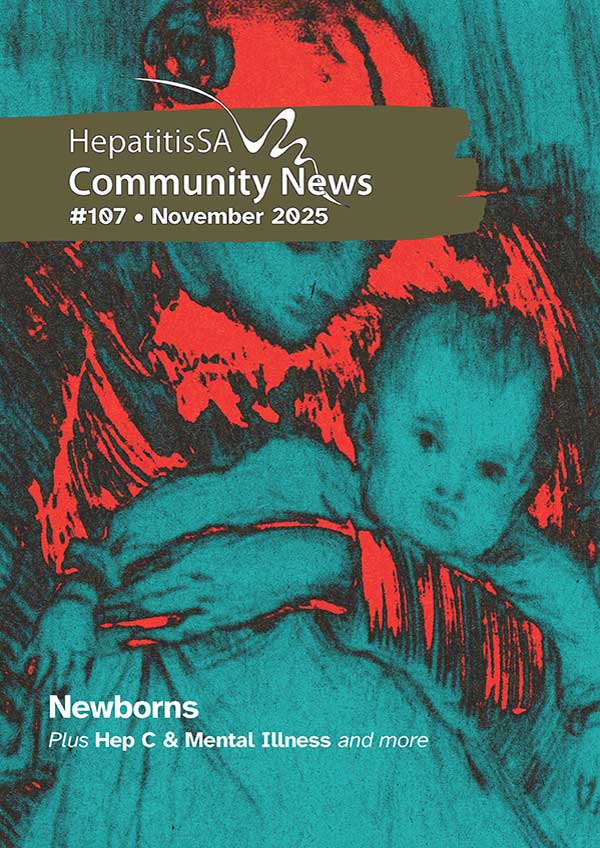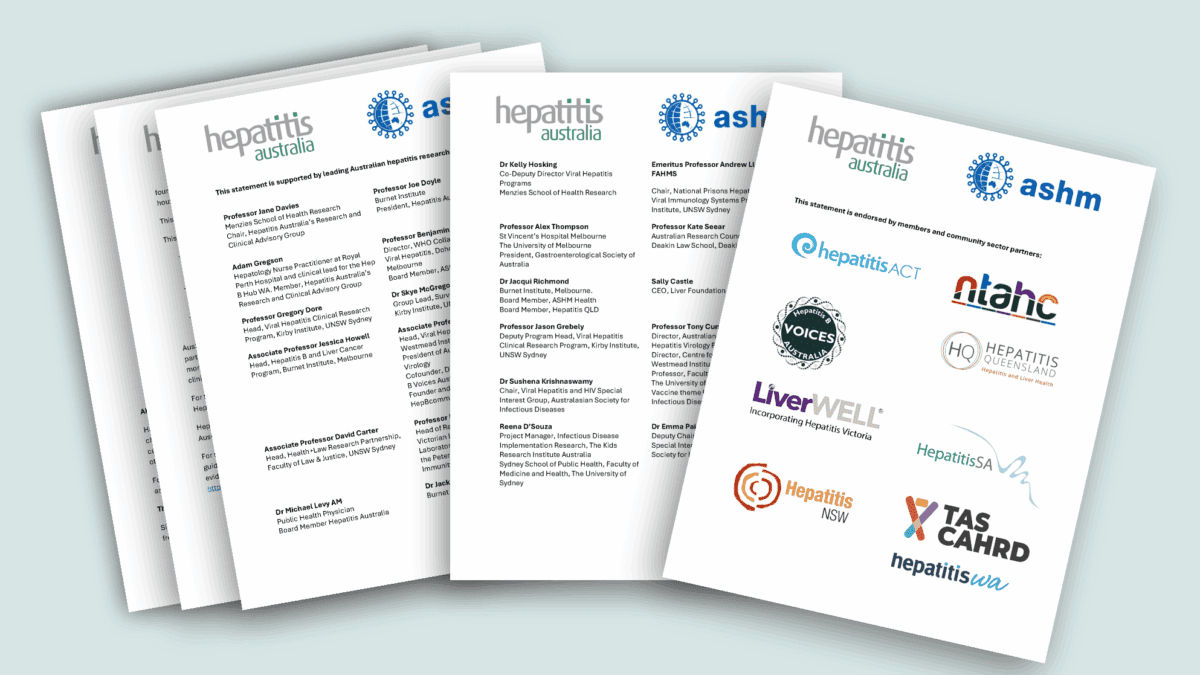Despite having had a vaccine against hepatitis B widely available for years, one of the biggest stumbling blocks in the fight to eliminate hepatitis C is the lack of any similarly viable vaccine. We can effectively treat people once they contract the hepatitis C virus, but a vaccine would dramatically reduce the number of people ever needing treatment in the first place.
A new and promising approach to this problem has been uncovered by medical research scientists at the Deutsches Zentrum für Infektionsforschung (DZIF), known in English as the German Center for Infection Research.
The team used novel structural designs to replicate specific areas of the hepatitis C viral glycoproteins E1 and E2, so-called neutralisation epitopes. This means they recreated the parts of the hepatitis C virus that antibodies can block in an attempt to prevent them from entering the cells of someone exposed to the virus.
This proof-of-concept approach not only brings us closer to a concrete vaccine against HCV, but could set new standards in vaccine development against this and other medically important viruses
These sections of virus “machinery” were attached to synthetic protein carriers and integrated into nanoparticles (particles in size between one and one-hundred billionths of a meter). Because a small number of nanoparticles has the same effective surface area as a much greater volume of larger particles, this relatively tiny exposure helped to trigger a particularly large and effective immune response in mice genetically modified to mimic human responses to infection.
In fact, the antibodies produced were strong and effective enough to be able to successfully neutralise several genetically different HCV strains.

Doctor Thomas Key, a specialist in immunocompromisation involved in the study, explained the idea. “Our research lays the foundation for a new generation of vaccines. We are focusing on overcoming the challenges of viral diversity and the immunological camouflage of HCV,” he said.
Doctor Kumar Nagarathinam, first author of the study, explained further. “The results of this study provide a promising approach to overcoming the previously failed attempts to develop an effective HCV vaccine. This proof-of-concept approach not only brings us closer to a concrete vaccine against HCV, but could set new standards in vaccine development against this and other medically important viruses,” he said.
The study is a significant step forward in vaccine research, and now further research is aimed at increasing the effectiveness of the immunogens and transferring them to clinical trials. The findings could also be transferred to other viruses that pose similar challenges for vaccine development.
You can read the research, published in December in the journal Science Advances, here.
Last updated 26 February 2025
More from:
Enjoyed this article? Subscribe to be notified whenever we publish new stories.
Subscribe for Updates





